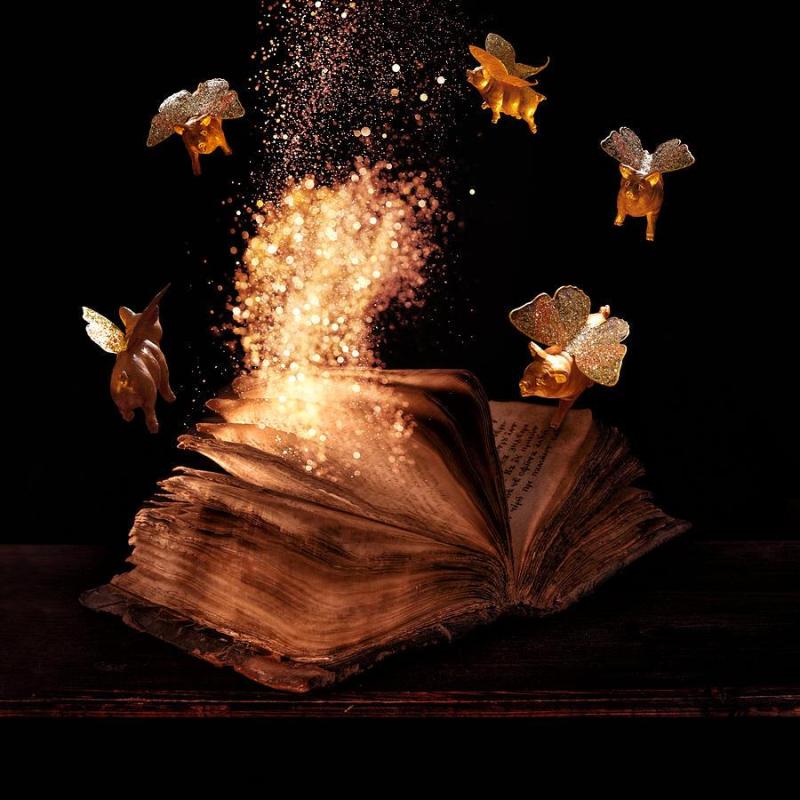It’s pretty hard to believe that half the quarter is over. Rollouts are wrapping up and attending a regular set of office hours has unequivocally become old hat. In the peak of midterm season, it’s impossible to even entertain the idea of reading for pure entertainment, but I think it’s important that we change that. Instead of flipping through the ‘gram or skipping through stories on Snap, or even the endless influx of emails that flood our inboxes, why don’t we take even a paltry fifteen to twenty minutes to dive into a rom-com novel? Or sci-fi saga? Memoir? Perhaps even a book in another language and script?
When reflecting on this, I thought about some books that had a profound impact, whether it be for children or adults. Apart from planting seeds in our minds or exposing us to new ideas, books are undoubtedly a way to escape responsibility and, in the case of novels, live vicariously through characters and worlds apart from our own.
Books are also a compelling manner in which we can connect with other people. They make us cultivate empathy by reading about how others have perhaps gone through similar situations of success and failure, been embarrassed or created groundbreaking change. Sometimes they enable us to realize some of our privileges or appreciate a community that has been through similarly trying situations.
One critically acclaimed novel, which turned into a movie lauded for its all-Asian cast, is “Crazy Rich Asians.” Although the book definitely wasn’t life-changing in terms of its content, it was entertaining to see a humorous account of the drama, gossip, travesties, haute couture, delectable dishes and palatial houses within the lives of ridiculously rich Singaporeans. Although society ingrains in us that wealth is positively correlated with success and happiness, over time, and from stories like “Crazy Rich Asians,” we learn that is not always true. Beneath the lavish lives of the main characters, there exists marital problems, debauchery, familial estrangement and unjust family obligations.
A book series that has become part of our literary canon is that of “Harry Potter.” The simple idea of magic is captivating, since it can be used for both good and bad — so much so that when many schools, and some very religiously conservative parents, didn’t allow their children to read the series, “Harry Potter” automatically gained more popularity. From this, we can see a trend that the more controversial the book, the bigger the impact it tends to have on society. What we appreciated about the series is the relatability of all the characters: we grew up alongside them, though in a completely normal, Muggle world. All of the characters experienced their own set of adversities and adventures beyond readers’ imaginations. Overall, the main motifs of the novels, such as resilience, friendship, determination, and love, strongly resonate with all audiences.
In conclusion, I think we should all take the time to check out a book and read every week. Whether it be online or checked out from campus libraries (which are indeed homes to non-academic books!), diving into a world that is different from our regular studies, essays, and p-sets is unbelievably refreshing.
Contact Sarayu Pai at smpai918 ‘at’ stanford.edu.
